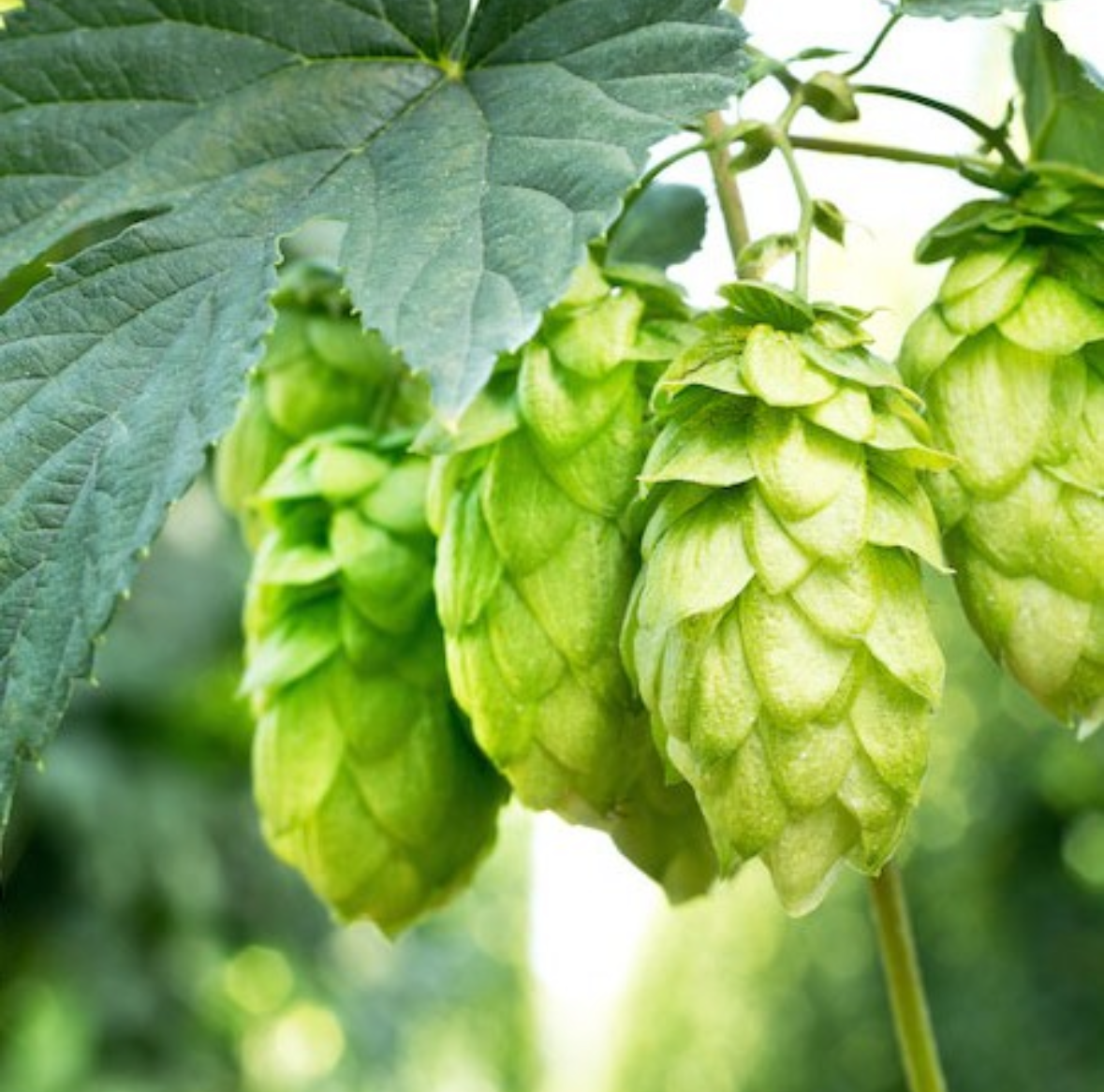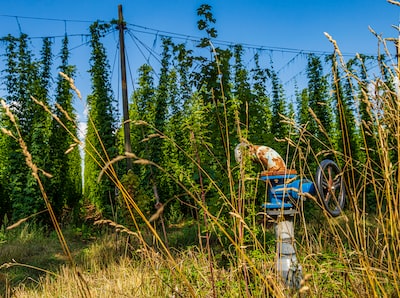Hops are the key ingredient in beer-making, making them a rewarding addition to your garden. With the right care and attention, you can cultivate your own hops and elevate your home brewing experience. In this guide, we'll walk you through the steps to successfully grow hops in your own backyard.

Choosing the Right Variety:
Selecting the right hop variety is crucial. Consider factors such as climate, available space, and your brewing preferences. Some popular varieties include
Cascade: A definitive hop with a flavour most comparable to an American style pale ale. Medium floral notes, with grapefruit and citrus tones
Hersbrucker: This variety exhibits pleasant aroma, with a balanced fruity, spicy and floral character. Commonly used in German lagers.
Pride of Ringwood: Primarily a bittering hop that exhibits fruity, spicy aromas. Can be susceptible to downy mildew.
Primarily used in Australian lagers
Superior Pride: features a bouquet of flavours primarily pine, citrus and fruity tones. Most often used in lagers and imperial pale ales.

Hops thrive in full sun, so choose a location that receives at least 6 - 8 hours of sunlight daily. Ensure there's enough vertical space for the hops to climb, as they can reach impressive heights.
Soil Preparation:
Well-draining soil is essential for healthy hop growth. Amend the soil with compost or well-rotted manure to improve its texture and fertility. A slightly acidic to neutral pH level (around 6.0-7.0) is ideal.
Providing Support Structures:
Hops are vigorous climbers and require a sturdy support system. Install trellises, poles, or strings for the bines to latch onto. Ensure the structure is at least 3 metres high to accommodate their growth.
Planting Hops:
Watering and Fertilising:
Maintain consistent soil moisture, especially during dry spells. However, be cautious not to over water, as hops dislike waterlogged conditions. Apply a balanced fertilizer in the spring to provide essential nutrients. We recommend Neutrog's Gyganic A unique organic base of manure, humates and rock phosphate have been composted and blended with the biologically active liquid probiotics, containing kelp and seaweed – producing a very nutritious organic base product high in organic carbon.
Training and Pruning:
As the hops grow, gently guide the bines clockwise around the support structure. Remove excess lateral shoots to focus energy on upward growth. This encourages optimal cone development.
Monitoring Pests and Diseases:
Keep an eye out for common pests like aphids and spider mites. Regular inspection can help catch issues early. Eco oil or insecticidal soap can be effective low toxic control which us registered for use on edible plants or in commercial applications predatory mites are often released.
Harvesting Hops:
Harvest time typically arrives in late summer to early autumn when the cones are papery and aromatic. Gently pluck them from the vines and dry them thoroughly before storage.

By following these steps, you'll be well on your way to successfully growing hops at home. Whether you're a home brewing enthusiast or simply want to add a unique plant to your garden, cultivating hops can be a rewarding and enjoyable endeavor.
Cheers to you and your future homegrown brews!

